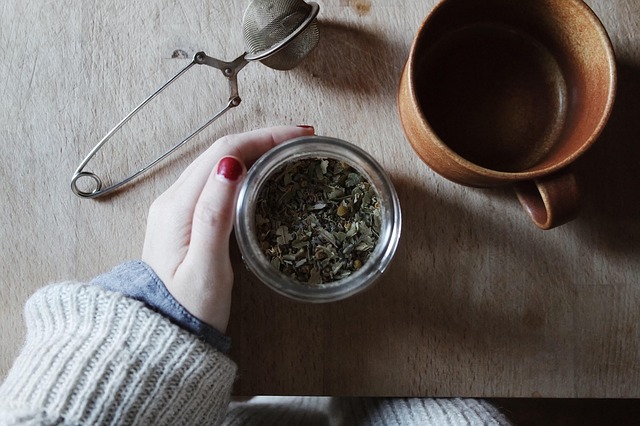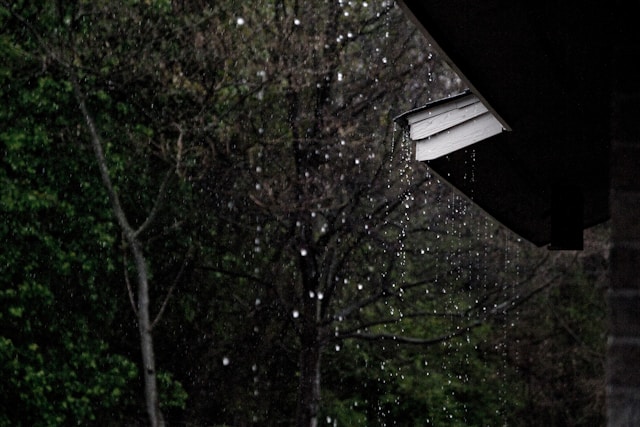A garden is a miraculous place for health and well being.
It provides all of the nutritional needs that can be tailored to fit one’s personal needs when well thought out. In other words, we should grow what our bodies require for optimal health.
Aside from canning and freezing fruits and vegetables, we sometimes miss out on preserving herbs and berries. Not just for culinary purposes, but for the medicine chest. The medicine chest should include preventative and immune building supplies as well as sure cure remedies when injury or illness strikes.
Instead of seeking natural remedies, many of us run to the doctor’s office every time we have the slightest little sniffle and headache or cut and bruise. I think it has become a habit to reach for those antibiotics as well as synthetic medications that more times than not have dangerous side effects.
It is hard to know where to begin and it takes a bit of time and education to learn some of the basics for treating ourselves naturally. One can never learn in an entire lifetime century of cures and remedies. But I would like to touch on just a few ways I’ve learned to tackle some very common ailments such as a stuffy nose and a simple headache. Instead of reaching for the over the counter pain reliever or decongestants, we can grow in our gardens plants to combat just those things. And it is not hard to preserve them either.
Teas can have a multitude of purpose. They are not just for sipping but for inhaling as well. By using a few simple ingredients that you can grow in your garden, steaming can relieve a stuffy nose as well as a headache. Steaming can reduce a fever and help to induce sleep. It is a common way of saying aromatherapy.
Here is an example. Today I was feeling the onset of cold or flu. I had a stuffy nose and my sinus was hurting, causing me to have a headache as well. I used a combination of Lemon Eucalyptus leaves, Thyme leaves, and some sliced lemons. Both herbs have anti-microbial properties and help destroy microorganisms as well as open up the bronchial passages and sinuses. The herbs saved me from developing a sinus infection.
I put on my teapot to boil water and poured it over the herbs and lemons in a glass bowl. I put a towel over my head and stood above the bowl for 10 or 15 minutes, slowly inhaling the steam. It was simple, it worked, it only cost pennies and was completely natural.
There are other combinations that work as well for different symptoms. You could use Peppermint, Chamomile, Lavender or Lemon Grass just to name a few. All of these herbs can be saved by harvesting and drying them throughout the year. They must be stored in a cool dry place in airtight containers. I use my herbs fresh when available in the garden and save some for drying to go through the times when they are not in season.
Teas can be made from fruits and berries as well as herbs and made as iced tea or for a cup of hot tea. Elderberry and Hibiscus are just two examples that can be used either way.
Both fruits have very high properties that stimulate and boost the immunity system with many other health benefits as well.
They can be preserved through a drying process using a dehydrator or can be boiled or steamed to extract the juice and frozen or refrigerated for later use.
You are welcome to visit my kitchen for a step by step tutorial on harvesting and preserving Roselle Hibiscus and see many of its health benefits. Hibiscus is very refreshing by adding lemon or even a bit of vanilla extract or cinnamon to it. It can be found already dried and sold as Hibiscus Tea. It is wonderful as a hot cup of teas with a bit of honey in it.
Tinctures are another very easy way of preserving things for the medicine chest. You can use dried or fresh herb leaves or roots from certain beneficial plants and berries as well.
Simply place your herb in a glass container or small jar and fill it with pure grain alcohol that is at least 80% Proof, like Everclear or Vodka. Cork it off or seal it tightly and keep it in a cool dark place. It must cure for at least 6 weeks to achieve a highly potent quality.
The wonderful thing about tinctures is that they are so versatile for so many different uses. Take the herbs Lavender or Echinacea for example. Both herbs have high qualities internally as well as externally. Internally they aid in helping with colds and flu’s as well as other things.
A couple of drops of the tincture into a cup of tea, juice or even plain water works well. But by adding a few drops of the tincture to a tablespoon of a natural oil carrier, such as almond oil, coconut oil, olive oil or even sunflower and rubbed into the skin can be a solution to a whole host of skin problems, from acne, eczema or for healing a simple cut.
It is time well spent learning to grow and preserve a few simple things to save for your medicine chest. It will save you hundreds of dollars and visits to the doctor’s office and local pharmacy. By learning the needs of your own body and becoming sensitive to oncoming symptoms, you will be able to simply step into your own garden and gather the cure the natural way.
Happy Gardening!
- Wild Dagga Motherwort Medicinal Herb - November 11, 2013
- Grow The Best Organic Lettuce - November 4, 2013
- Amish Hot Pepper Mustard - October 23, 2013


This is perfect. I want to start getting more into herbalism.
I firmly believe natural remedies are the best medicine. I use essential oils for several things on a regular basis and have been satisfied with results.
Oh you would do great Mike, hands down…or thumbs up 😉
Oh that is wonderful Lois!! Would love to swap remedies with you 😉
You inspire us to grow our own herbal garden. Infact planning one with Vertical farming techniques (with drip irrigation). Thanks much for this wonderful post.